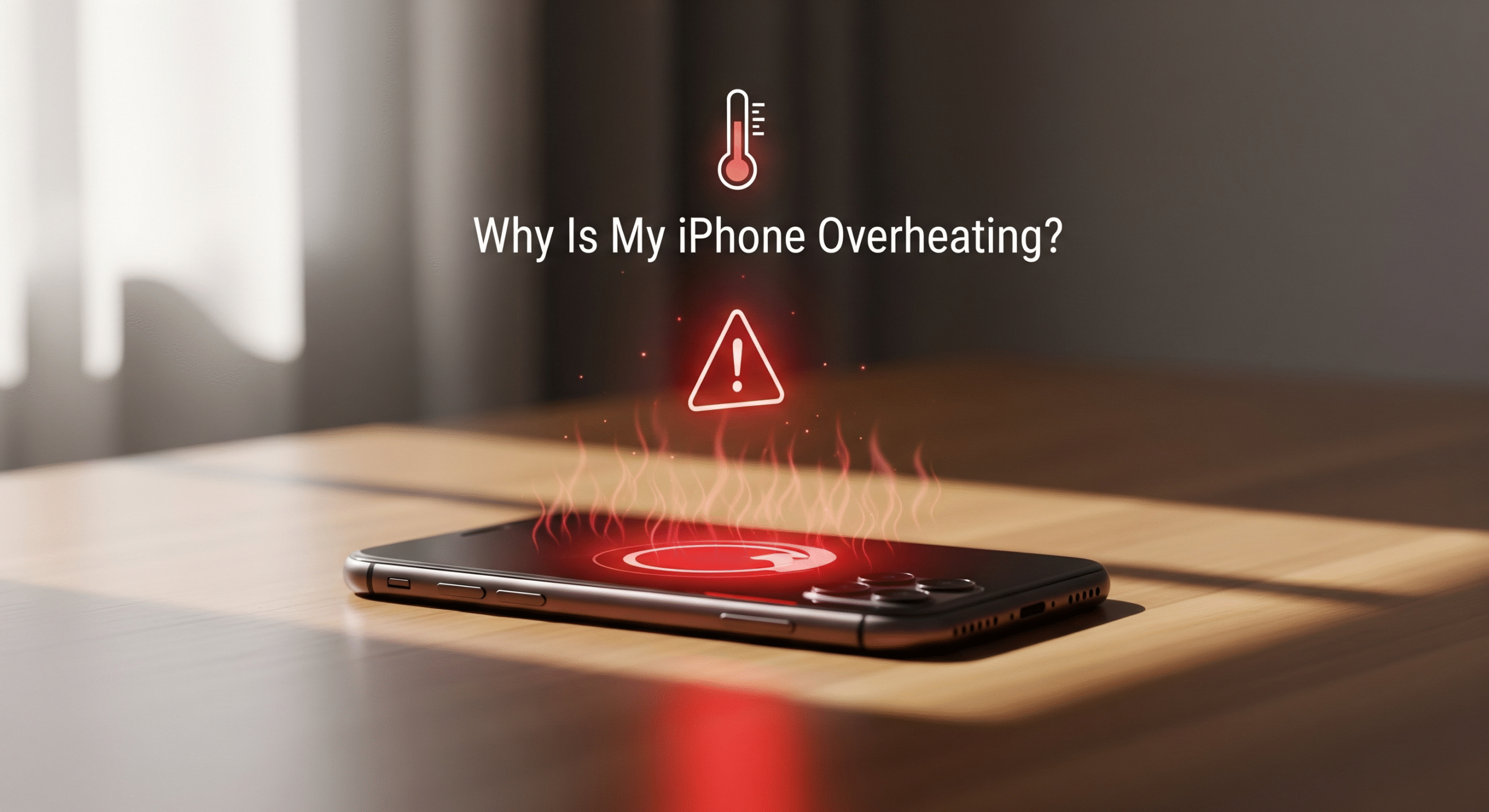Whether you’re editing travel vlogs from a camper van or compiling code on a transcontinental flight, choosing between Intel i9 vs Intel i7 can shape how smoothly your mobile lifestyle flows. Core count does count, but it is not as important as the only variable affecting real-life performance.
We will get into the weeds of the Intel i9 vs Intel i7 debate in this guide in that we will not be comparing these processors at a superficial level but we will be considering the relative aspects of both of them in their relevancy to modern and mobile dependent work environments.
Table of Contents
Understanding the Core Count Hype: The Lifestyle Perspective
When you see “more cores,” it’s easy to assume “better performance.” Traditional workloads may demand sheer energy but the contemporary ones do not, at least not in the field of travelling content creation, virtual remote development, or digital nomad startup.
Core Count vs Clock Speed
- Intel i9 chips typically feature more cores and threads, optimized for multithreading, benefiting tasks like high-resolution video editing or running virtual machines.
- Intel i7 CPUs, however, often offer similar clock speeds with fewer cores, making them ideal for fast single-threaded tasks like image processing or real-time GPS rendering.
For example, if you’re compiling photos and short-form video during a layover, an i7 may deliver quicker responsiveness and better thermal efficiency in lightweight laptops.
Developer Workloads & Compilation Time in Transit
Developers who live an anywhere life trying to code in Bali or Barcelona, code build speed and compilation time is essential. Here’s where the Intel i9 often shines:
- Tremendous tasks carried out in Android Studio or Mac Xcode experience quick compilation with i9 setups.
- The extra cores increase performance when it is necessary to run in multiple Docker containers or virtual machines to avoid delays.
However, this comes at the cost of power consumption, especially on the people who end up using the battery efficiency in an aircraft or in rural areas when they are taking a flight, as explained on Tech Exclusive.
Price-to-Performance: Smart Spending on the Go
Price to performance is one of the dominating factors particularly with travelers or the digital nomads who require reliability but not excess.
- Intel i7 can usually be more of a sweet spot good multi-threading, great power efficiency, and reduced thermals all at a less daunting price.
- More powerful as they are, Intel i9 would not provide as much benefit as light editing, basic web development, or overall productivity.
💡 Travel Tip: An ultrabook with Intel i7 is usually more convenient on the road: blows less heat and has a longer battery life, but somewhat enough powerful for general tasks.
Intel i9 vs Intel i7 – Which One Suits Your Lifestyle?
Choosing between Intel i7 and i9 is less about “which is better” and more about context:
- Frequent Travelers: Need lightweight, cool, and battery-efficient machines – go with Intel i7.
- Remote Creators & Devs: Who multitask with rendering, compiling, or large-scale projects – benefit more from Intel i9.
| Task | Intel i7 | Intel i9 |
|---|---|---|
| Web Browsing & Docs | ✅ Excellent | ✅ Excellent |
| Video Editing (1080p) | ✅ Smooth | ✅ Smoother |
| 4K Rendering | ⚠️ Slower | ✅ Faster |
| Code Compilation | ✅ Good | ✅ Excellent |
| Battery Life | ✅ Long | ⚠️ Shorter |
| Price | ✅ Affordable | ⚠️ Premium |
Thermal Efficiency & Power Consumption: The Hidden Costs of Performance
Whether you’re coding at a Moroccan café or livestreaming from a Swiss train, thermal throttling and power draw can derail productivity.
- Intel i7 chips generate less heat, making them ideal for ultraportable laptops without active cooling systems.
- Intel i9 processors, especially in laptops, may demand high-end cooling and consume more power, making them less practical for battery-dependent scenarios.
Read: Traveltweaks.com Travel Hacks: How to Travel Smart in 2025
Future-Proofing Your Mobile Setup
If you’re planning to keep your laptop for the next 4-5 years, future-proofing becomes a key consideration.
- Intel i9 chips may offer longer usability in rapidly evolving creative workflows or developer environments.
- However, Intel i7 systems often provide enough headroom for most users—and are easier to upgrade or resell due to broader appeal and affordability.
Did You Know? Many travelers upgrade every 2-3 years due to portability demands, making future-proofing slightly less critical than price-to-performance.
Quick Takeaways: Intel i9 vs Intel i7 on the Road?
When deciding what fits your travel-based lifestyle or mobile creative career, consider:
- 🧳 Portability Needs: i7 wins for battery life and thermal control.
- 🎬 Creative Workloads: i9 benefits video editors and render-heavy users.
- 👨💻 Developer Needs: i9 shines in multithreaded compilation, i7 is fine for light dev tasks.
- 💵 Budget Constraints: i7 wins on price-to-performance, i9 is an investment.
Conclusion: Choose Smart, Not Just More
So, do more cores always mean better performance? Not necessarily. Your choice between Intel 9 vs Intel i7 depends how, where, and what you work on, as lifestyle users, particularly, travel, create, or develop at a distance.
If you’re editing 4K drone footage on a boat in Santorini or running simultaneous builds in the cloud from a coffee shop in Tokyo, i9 might be worth it. However, an i7 gives more power without the compromises that most mobile professionals can live without.
Frequently Asked Question
1. Is Intel i9 overkill for most laptop users?
Yes, especially if you’re doing basic tasks like browsing, streaming, and document editing. Intel i9 is built for demanding workloads.
2. Will an Intel i7 handle 4K video editing while traveling?
Yes but it might not be able to render as fast as i9. However, it’s more efficient on the go.
3. Which processor is better for long flights or battery-restricted scenarios?
The longer the battery can last and the lesser amount it will heat making Intel i7 the most suitable to use over a long mobile session.
4. Do developers really need an Intel i9 laptop?
It is only in cases where you are making large-scale builds, several virtual machines or in case of substantial cloud-based workflows. Otherwise, an i7 is more than sufficient.
5. How future-proof is an Intel i7 laptop for travelers?
Very. A recent-gen Intel i7 will keep in line with current standards 3-5 years under a travel-oriented or work-remote configuration with decent RAM and SSD specs.



